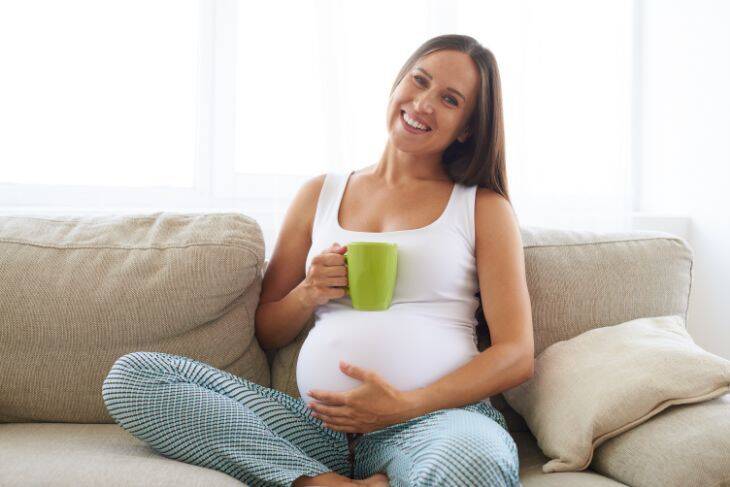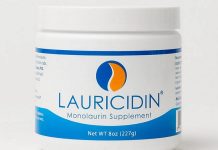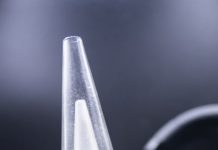When consumed in moderate amounts, Matcha green tea offers many health benefits.
Pregnancy is a hyper-coagulative state; also, during pregnancy, many internal and external changes occur in your body. And you have to be very vigilant about what goes into your body.
If you are a match lover and pregnant but worried about matcha green tea consumption, this post will clear all your doubts about matcha & pregnancy.
Can I Drink Matcha While Pregnant?
Yes, matcha during pregnancy is safe only if consumed under the recommended amount. For expecting moms, the quantity of everything is very important, and the same rule applies to matcha.
This natural tea is limited to a certain amount for pregnant women because of its caffeine content.
In case you are curious about what caffeine can do when you are pregnant:
- Interferes with your sleep cycle.
- Makes you nauseous and light-headed.
- Increases urination.
- Leads to dehydration.
There is a lot of hidden caffeine in the American diet, and if you consume packaged or processed foods, it is advised to read each label carefully.
Tip: Here is Nutrition during pregnancy according to The American College of Obstetricians and Gynaecologists (ACOG).
Is matcha safe during pregnancy?
It completely depends on the amount you consume per day. Consuming it according to the required amount is safe, but if you misuse it, it will lead to severe side effects.
So, it is very important to pay attention to the amount of matcha powder you consume daily.
Caffeine in matcha is not the same as other forms of caffeine, and you can safely switch from coffee to matcha during pregnancy.
How Much Matcha Should I Consume During Pregnancy?
According to PubMed Central data,1 gram of Matcha powder contains 19 to 44.4 mg of caffeine (please note this may vary depending on the type of leaves used).
According to The American College of Obstetricians and Gynecologists (ACOG), caffeine is considered safe for pregnant women if consumed less than 200 mg daily.
Both of the above statements conclude that daily caffeine consumption should be less than 200mg and keep it as low as possible to be on the safe side.
Misuse of caffeine can lead to miscarriage or preterm birth.
One study shows that the risk of miscarriage is higher if a couple drinks more than 2 caffeinated drinks a day until conception.
If you want to know the traditional Japanese way of making matcha green tea to get the most health benefits, click here.
Benefits Of Matcha During Pregnancy
Excessive consumption of matcha during pregnancy leads to various side effects. But, controlled consumption can lead to several benefits, such as:
- Lowers high BP & Cholesterol: Matcha green tea has an abundant amount of antioxidants (Catechins) that help lower high blood pressure and bad cholesterol.
- Treats hormonal acne: During the first trimester of pregnancy (T1), your hormonal levels are increased, which causes acne. Matcha helps treat hormonal acne during pregnancy when applied topically. Its topical use is very helpful because it helps remove bacteria from the skin’s pores.
- Reduces inflammation: Inflammation is common during pregnancy. According to nature neuroscience, untreated inflammation can affect the health of both the mother and the baby (neurodevelopmental & psychiatric disorders). The antioxidants present in matcha help reduce inflammation.
- Improves Sleep: According to MDPI, matcha green tea reduces stress and improves your sleep quality.
Effect Of Matcha On Folic Acid During Pregnancy
Catechin in matcha restricts the absorption of folate and folic acid. During the first trimester, a pregnant woman needs more folate and folic acid to prevent a birth defect called spina bifida, a type of neural tube defect.
According to PubMed Central, pregnant women who consumed ≥ 4 cups of green tea daily were most likely to have low serum folate levels.
Another Study also proved a significant reduction in serum folate levels in pregnant women who consumed excessive green tea.
Can I have Matcha Latte During Pregnancy?
Yes, you can drink a matcha latte by keeping the amount of match powder below the recommended amount.
In the section above, we have clearly shown you how much caffeine is considered safe and how much caffeine is in 1 mg of matcha powder.
We recommend that you always double-check the other ingredients as well.
Click here if you want to know the best way to make your matcha latte. Just be sure to pay attention to the amount of matcha powder for the latte.
Conclusion
Thus, matcha green tea’s effects are dose-dependent (beneficial or adverse). If the amount of caffeine exceeds 200 mg per day, it leads to severe complications.
You can safely consume matcha while pregnant by keeping the consumption under control. Avoid overuse of matcha during pregnancy, as it can lead to severe side effects. We hope you got all the answers regarding matcha and pregnancy.
Faqs
Does matcha cause infertility?
Excessive intake of matcha green tea may negatively affect fertility. According to PubMed Central, drinking matcha green tea in moderation supports fertility. Polyphenols in green tea help improve fertility in humans.
Is matcha good for pregnancy?
Yes, drinking matcha is only suitable for pregnancy if consumed in a moderate amount due to its caffeine content. The section above mentioned how much caffeine is considered safe for pregnancy.
Does drinking matcha green tea during pregnancy affect the baby’s birth weight?
If your daily caffeine intake exceeds the recommended amount, it increases the risk of low birth weight. But if you keep the dosage below the recommended value, it is safe for your pregnancy and does not pose any risk.








